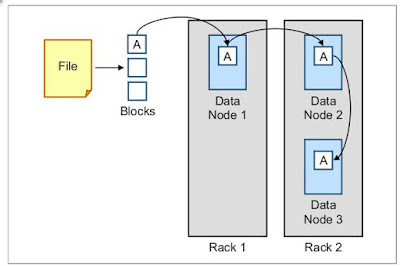Navigating Complexity: Harnessing Big Data for Reinforcement Learning Applications
Introduction:
Section 1: Big Data and Reinforcement Learning Intersection
- Big Data: Big data encompasses vast quantities of structured and unstructured data generated daily by people, organizations, and machines. It spans various sources, including sensor data, user interactions, and transaction records.
- Reinforcement Learning: RL focuses on developing algorithms and models that enable agents to learn from trial-and-error experiences, optimizing decision-making policies to maximize cumulative rewards.
- Synergy: The abundance of big data serves as the foundation for training and refining reinforcement learning agents, leading to improved performance and broader applicability.
Section 2: Use Cases of Big Data in Reinforcement Learning
- Autonomous Systems: Big data empowers reinforcement learning agents to navigate complex environments, such as self-driving cars or drones, by learning from diverse real-world scenarios and sensor inputs.
- Game Playing and Decision-Making: DeepMind's AlphaGo and AlphaZero are prime examples of RL agents trained on vast game databases, showcasing the power of big data in learning sophisticated strategies and decision-making policies.
- Resource Management and Optimization: In fields like energy, logistics, and manufacturing, reinforcement learning agents can optimize resource allocation and operations by learning from big data, leading to improved efficiency and cost savings.
- Personalized Recommendation Systems: Big data-powered RL agents can analyze user behavior and preferences, dynamically refining recommendations and enhancing user experiences in e-commerce, entertainment, and social media platforms.
Section 3: Overcoming Challenges and Ensuring Success
- Data Variety and Quality: Big data comprises diverse formats and sources, posing challenges in data preprocessing and cleaning. Ensuring high-quality, reliable data is essential for training robust RL agents.
- Simulation vs. Real-World Training: While simulation environments offer controlled settings for training RL agents, real-world data can provide more nuanced, contextually rich experiences. Striking the right balance between simulation and real-world training is crucial for generalization and transferability.
- Computational Resources: Reinforcement learning, especially in complex environments, demands significant computational resources. Leveraging big data often necessitates access to powerful hardware, cloud computing, or distributed processing frameworks.
Conclusion: The intersection of big data and reinforcement learning holds immense potential for advancing decision-making and automation across various domains. By harnessing the power of big data, researchers and developers can create more sophisticated, adaptive, and versatile reinforcement learning agents. As the volume and complexity of data continue to grow, so too will the possibilities and impact of reinforcement learning technologies in shaping our world.




Comments
Post a Comment